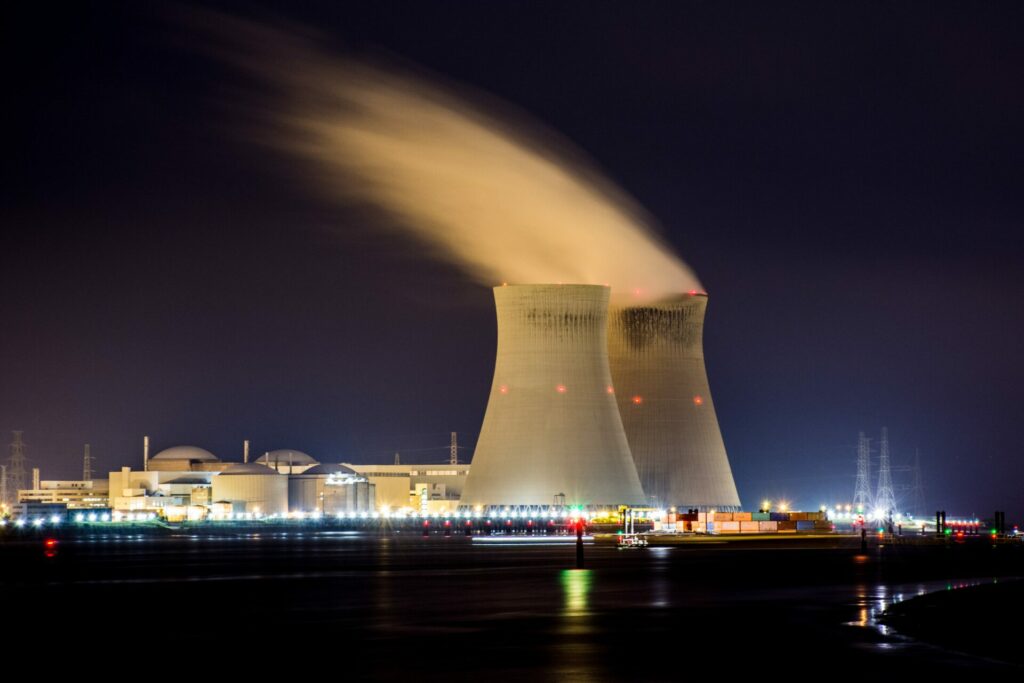At an emergency meeting in Brussels on Friday morning, the EU energy ministers reached a political agreement on a legal framework for measures to tackle skyrocketing electricity prices, announced the Czech presidency.
The framework allows the EU to skim off – in other words, take – the excess profits of electricity producers, which Member States can then use to try to reduce citizens' energy bills. They must also consume 5% less electricity during peak hours next winter, and should voluntarily aim for a general 10% reduction in monthly consumption.
The EU ministers agreed that excess profits (above €180/Megawatt-hour) of all non-gas-fired power stations, such as nuclear power plants or wind farms, can be skimmed off from 1 December, for a period of six months.
These producers do not run on gas and therefore do not feel the impact of the increased gas prices, but they do benefit from the high prices that are currently determined by gas-fired electricity power stations.
Extraordinary excess profits
On Thursday, Belgian Federal Energy Minister Tinne Van der Straeten said in the Chamber that this new European regulation will provide her with the legal framework to tackle excess profits, and that she "will certainly make use of it." In Belgium, this will mainly concern profits from nuclear power plants.
"Belgium's existing system will yield approximately €700 million for the year 2022, but there is an additional 'extraordinary excess profit' that could be captured," said Van der Straeten before the start of the European meeting on Friday morning.
Related News
- Nuclear operators owe Belgian State €83 million
- 'Give billions in excess energy profits back to the people,' says PS leader Magnette
- 'Get a grip': Energy bills exceed monthly wage in 16 countries, including Belgium
Member States, that have not already done so, will also be able to request a solidarity contribution from gas companies and oil refineries. The European Commission expects the measures to yield up to €140 billion, which Member States can then use to support families and businesses.
The EU ministers also agreed to implement a mandatory reduction in power consumption in the Member States, which will consume 5% less power consumption during the peak moments from 1 December this year to 31 March 2023.

